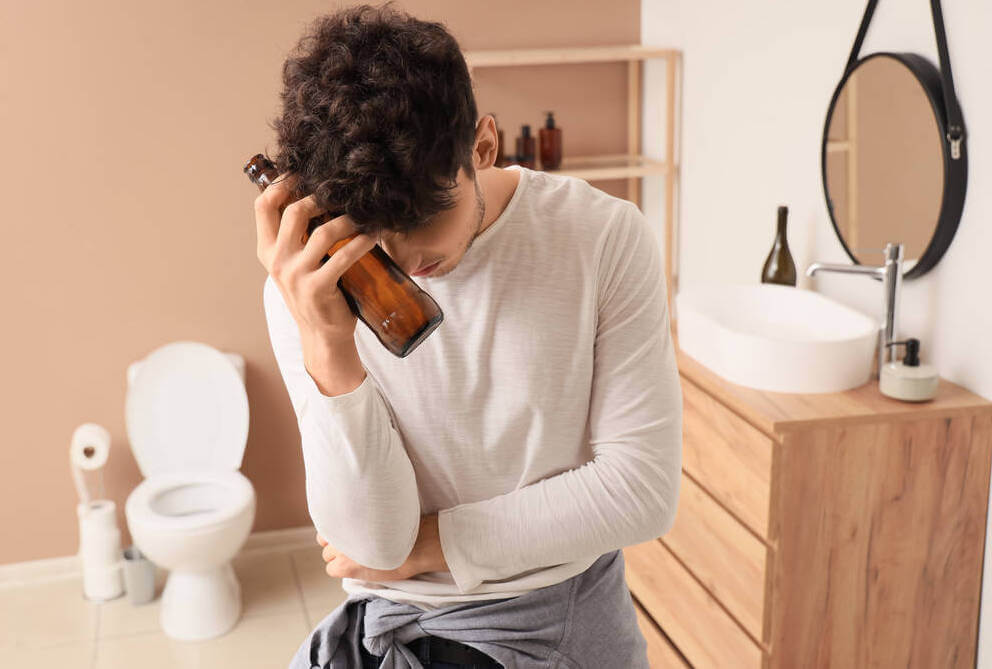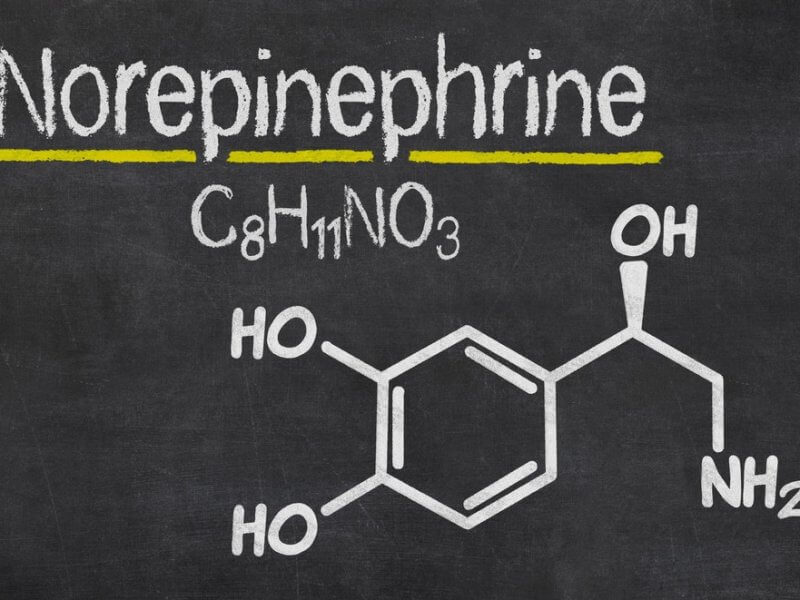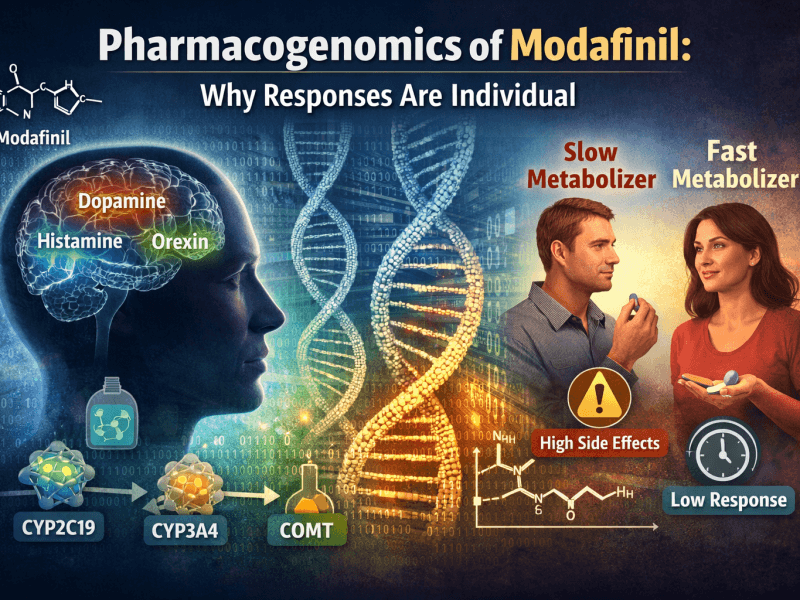Introduction: The Hidden Dangers of Mixing Modafinil with Hangovers
Modafinil is often called the “smart drug” or a “wakefulness enhancer,” popular among students, entrepreneurs, and professionals. At the same time, alcohol consumption remains a deeply ingrained part of social culture. But what happens when these two worlds collide? Specifically, why don’t Modafinil and hangovers mix well?
The combination can lead to a dangerous cocktail of physiological and psychological effects. While many people believe that Modafinil can “fix” or mask the fatigue and brain fog associated with a hangover, the truth is far more complex and risky.
Why you should think twice before reaching for Modafinil after a night of heavy drinking, backed by science, expert insights, and real-world experiences.
What Is Modafinil and How Does It Work?
Modafinil is a prescription medication originally developed to treat narcolepsy, sleep apnea, and shift work sleep disorder. It promotes wakefulness by influencing neurotransmitters like dopamine, norepinephrine, and histamine.
Unlike stimulants such as caffeine or amphetamines, Modafinil is often marketed as having fewer side effects. However, it still places a significant load on the central nervous system and liver.
Key features of Modafinil:
- Enhances alertness and focus
- Increases dopamine signaling
- Alters sleep-wake cycles
- Requires liver metabolism for clearance
This mechanism is important because alcohol also places stress on the liver and central nervous system. When combined, the risks can multiply rather than cancel each other out.
Understanding Hangovers: Causes and Symptoms
A hangover is the unpleasant aftermath of excessive alcohol intake. It occurs due to several biological processes:
- Dehydration caused by alcohol’s diuretic effect
- Electrolyte imbalance disrupting normal body function
- Toxin buildup (acetaldehyde, a byproduct of alcohol metabolism)
- Inflammatory response triggering headaches and fatigue
Common symptoms of hangovers include:
- Severe headache and nausea
- Brain fog and difficulty concentrating
- Fatigue and muscle weakness
- Rapid heartbeat and anxiety
- Poor sleep quality
Now imagine layering Modafinil’s stimulant effects on top of these conditions the consequences are far from beneficial.
Why Modafinil and Hangovers Don’t Mix – Key Risks
Taking Modafinil during a hangover might sound tempting, especially if you need to perform at work or school. However, this combination can lead to dangerous outcomes.
Impact on the Liver
Both alcohol and Modafinil rely heavily on liver metabolism. After a night of drinking, your liver is already working overtime to process toxins. Adding Modafinil can overload this vital organ, increasing the risk of:
- Slowed metabolism of both substances
- Elevated toxicity levels
- Potential liver damage over time
Cardiovascular Strain
Alcohol often leaves your body dehydrated and your blood pressure unstable. Modafinil, on the other hand, stimulates the nervous system and increases heart rate. Combined, these effects can:
- Elevate blood pressure dangerously
- Increase heart palpitations
- Raise the risk of arrhythmias
Neurological Stress and Anxiety
Hangovers often cause anxiety, irritability, and brain fog. Modafinil may temporarily mask fatigue but can worsen anxiety symptoms, leading to:
- Heightened restlessness
- Panic-like feelings
- Difficulty sleeping afterward
Myth vs. Reality: Can Modafinil Cure a Hangover?
One of the biggest misconceptions is that Modafinil can cure a hangover. While it may temporarily reduce drowsiness, it does nothing to address the root causes: dehydration, electrolyte imbalance, and toxin buildup.
Reality check: Modafinil is not a treatment for hangovers. In fact, it can make recovery harder by masking symptoms your body needs to acknowledge for proper rest and healing.
Short-Term Effects of Combining Modafinil and Hangovers
The short-term effects may seem manageable at first but can quickly escalate:
- Increased anxiety and jitteriness
- Severe dehydration
- Dizziness or fainting
- Gastrointestinal discomfort
- Exacerbated headaches
While you may feel temporarily “functional,” your body is under immense strain.
Long-Term Consequences You Might Overlook
Mixing Modafinil with hangovers isn’t just risky in the moment it can also cause lasting harm:
- Chronic liver strain leading to long-term damage
- Dependency risks if Modafinil is used frequently to “fix” poor lifestyle choices
- Mental health deterioration including anxiety and insomnia
Safe Alternatives for Managing Hangovers
Instead of reaching for Modafinil, consider healthier and safer options.
Natural Remedies
- Hydrate with water and electrolyte drinks
- Consume vitamin-rich foods like bananas and oranges
- Use ginger or peppermint tea for nausea
- Rest and allow your body time to recover
Lifestyle Adjustments
- Limit alcohol consumption
- Eat before and during drinking to slow absorption
- Get adequate sleep
- Exercise moderately to boost circulation
Expert Opinions on Modafinil and Alcohol
Medical professionals caution strongly against combining Modafinil with hangovers. According to research published by the National Library of Medicine, both alcohol and Modafinil significantly affect liver function and brain chemistry, making their combination risky.
Doctors recommend prioritizing hydration, rest, and balanced nutrition as the most effective hangover remedies.
Case Studies: Real-Life Experiences
- 1: A college student reported severe anxiety and heart palpitations after taking Modafinil following heavy drinking.
- 2: A corporate executive noted that while Modafinil “helped him push through,” he experienced a week-long cycle of insomnia afterward.
- 3: An online community survey revealed that most users regretted mixing the two due to worsened headaches and restlessness.
FAQ
1. Can I take Modafinil the morning after drinking alcohol?
It’s strongly discouraged. Your liver and nervous system are already stressed from alcohol.
2. Does Modafinil help with hangover brain fog?
It may mask fatigue, but it doesn’t resolve the underlying causes of brain fog.
3. Is it safe to drink alcohol while on Modafinil?
No. Alcohol can reduce Modafinil’s effectiveness and amplify side effects.
4. How long should I wait after drinking to take Modafinil?
At least 24-48 hours, depending on alcohol consumption and personal health.
5. Can Modafinil reduce hangover headaches?
No. It may worsen headaches due to increased blood pressure.
6. What’s the safest way to recover from a hangover?
Hydration, electrolyte balance, rest, and nutritious foods.
Conclusion
While Modafinil has its uses in medicine and productivity enhancement, it’s not a miracle cure for hangovers. Combining it with alcohol recovery can worsen symptoms, strain vital organs, and create long-term health issues.
Instead, focus on natural remedies, healthier drinking habits, and responsible lifestyle adjustments. The safest path is to respect both substances for what they are and never underestimate the hidden dangers of mixing them.
‼️ Disclaimer: The information provided in this article about modafinil is intended for informational purposes only and is not a substitute for professional medical consultation or recommendations. The author of the article are not responsible for any errors, omissions, or actions based on the information provided.
References:
- McClellan, K. J., & Spencer, C. M. Modafinil: A review of its pharmacology and clinical efficacy in the management of narcolepsy. CNS Drugs, 311–324. https://doi.org/10.2165/00023210-199809040-00006 . 1998.
- Willavize, S. A., Nichols, A. I., & Lee, J. Population pharmacokinetic modeling of armodafinil and its major metabolites. https://doi.org/10.1002/jcph.800 . 2016
- U.S. Food and Drug Administration. PROVIGIL. U.S. Department of Health and Human Services. https://www.accessdata.fda.gov/drugsatfda_docs/label/2015/020717s037s038lbl.pdf . 2015
- Gilleen, J., Michalopoulou, P. G., Reichenberg, A., Drake, R., Wykes, T., Lewis, S. W., & Kapur, S. Modafinil combined with cognitive training is associated with improved learning in healthy volunteers a randomised controlled trial. European Neuropsychopharmacology. 529–539. https://doi.org/10.1016/j.euroneuro.2014.01.001 . 2014
- Greenblatt, K., Adams, N. Modafinil. StatPearls Publishing. https://www.ncbi.nlm.nih.gov/books/NBK531476/ . 2025
- Oliva Ramirez A, Keenan A, Kalau O, Worthington E, Cohen L, Singh S. Prevalence and burden of multiple sclerosis-related fatigue: a systematic literature review. https://doi.org/10.1186/s12883-021-02396-1 . 2021.
- Mereu, M., Bonci, A., Newman, A. H., & Tanda, G. The neurobiology of modafinil as an enhancer of cognitive performance and a potential treatment for substance use disorders. https://doi.org/10.1007/s00213-013-3232-4 . 2013
- Ciancio A, Moretti MC, Natale A, Rodolico A, Signorelli MS, Petralia A. Personality Traits and Fatigue in Multiple Sclerosis: A Narrative Review. Journal of Clinical Medicine. https://doi.org/10.3390/jcm12134518 . 2023
- Natsch, A. What makes us smell: The biochemistry of body odour and the design of new deodorant ingredients. CHIMIA International Journal for Chemistry. https://doi.org/10.2533/chimia.2015.414 . 2015
- Hamada, K., Haruyama, S., Yamaguchi, T., Yamamoto, K., Hiromasa, K., Yoshioka, M., Nishio, D., & Nakamura, M. What determines human body odour? Experimental Dermatology. https://doi.org/10.1111/exd.12380 . 2014


